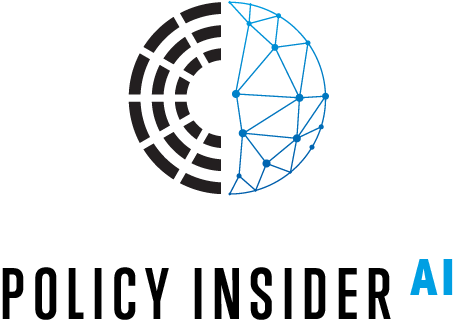A tour d’horizon on the elections to the German Bundestag
Twitter is the most commonly used social media platform by policymakers worldwide. It has become the primary source of information about the everyday activities of political actors. With the increasing online activity of policymakers, we can discover the hidden trends in policymaking. Especially around elections, Twitter becomes the epicentre of political action. Politicians engage in active campaigns to attract voters through social media. How can we use this knowledge to uncover hidden trends in policymaking?
Let’s take a closer glance at the German elections to the Bundestag on September 26th. We can zoom in on the Twitter activity of German policymakers to find answers to the most pressing questions. For the past months, Twitter users have been actively speculating about who will replace Angela Merkel as the future Chancellor of Germany. They also discussed the possible seat division in the parliament as well as who will form coalitions. The underlying question is: which political groups will be dominating German politics in the upcoming years?
What political groups are setting trends in policy on social media?
Compared to France or the United Kingdom, the German political system distinguishes itself with a large variety of major political parties. The difference in parliamentary seats between the two most prominent political groups in Germany, namely CDU/CSU and SPD, is not nearly as stark as between LREM and Les Républicains in France. This leads to a close race between all the major political parties in Germany. The annual patterns established CDU/CSU as the most active political group on Twitter. However, the patterns closer to the elections tell a different story. In the last 30 days, the Greens (Die Grünen) have dominated social media, assuming first place in the activity ranking. The Greens are particularly popular amongst the younger demographic. Therefore, they have evidently been using Twitter to reach potential voters.
Who will become the next Angela Merkel?
Social media platforms such as Twitter have been increasingly used to predict election results across the world. Could Twitter patterns also help predict the results of the German Bundestag elections? For over a decade, Angela Merkel served as a Chancellor of Germany. At the same time she was an informal mediator between the EU states. The role of the German chancellor has established itself as one of the most influential in European and world politics. Therefore, the entire world is closely watching to find out who will step into Merkel’s footsteps. The CDU/CSU candidate Armin Laschet is predicted to succeed Angela Merkel as the next Chancellor of Germany. Olaf Scholz, the candidate of SPD, is a close competitor.
When we look at the Twitter activity, we see that #Laschet finds itself in the top 10 hashtags of the month. As the current Minister President of Northrhine-Westfalia, heavily hit by the floods just recently, Laschet has been at the centre of severe criticism. Laschet has been criticitzed for his current campaign and a collateral of the poor federal management of the recent crisis in Afghanistan.
Which party causes the most buzz?
Far-right parties, such as National Rally in France or Lega in Italy, often attract controversy on social media. In the last 30 days, #AfD has remained a top hashtag on Twitter due to a scandal involving a German supermarket chain Edeka. A recently organized campaign by smoothie manufacturer True Fruits showcased smoothie bottles with names of German political parties. Edeka decided to remove Alternative for Germany (AfD) bottles from its stores. As a result, many citizens, including political actors, took to Twitter to express their opinion. The scandal sparked a nationwide debate. The main topics of discussion were fair political representation and commercial involvement in politics.
This article was originally published in English. Translations were generated automatically and might be incorrect.





